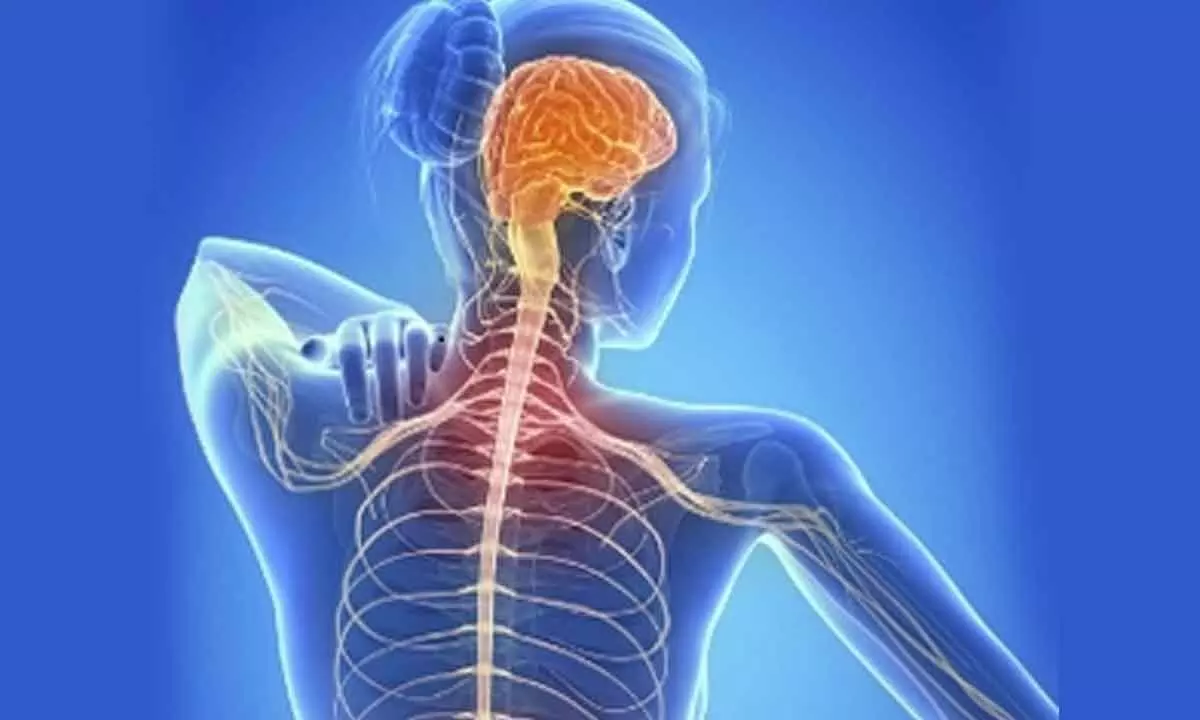Young women more likely to suffer from multiple sclerosis
It is a complex, chronic, autoimmune, and neurological disease that primarily affects the central nervous system, leading to a range of symptoms and health issues
image for illustrative purpose

New Delhi: Young adults and women are more likely to suffer from multiple sclerosis, said experts on Saturday. Multiple Sclerosis (MS) is a complex, chronic, autoimmune, and neurological disease that primarily affects the central nervous system, leading to a range of symptoms and health issues. Data from the World Health Organisation (WHO) estimate that over 1.8 million people worldwide live with MS.
The prevalence of MS in India ranges from 7 to 30 per 100,000 people, according to various studies.
“MS can strike anyone at any age, however, persons between the ages of 20 and 40 are the ones who are diagnosed with it most frequently. Women are disproportionately affected since they are two to three times more likely than men to have the condition,” Dr. Himanshu Champaneri Senior Consultant- Department of Neurosciences and Neurosurgery, Marengo Asia Hospitals, Gurugram, said.
Common symptoms include numbness or sensory loss, paraesthesia in limbs or face, vision loss, weakness in one or more limbs, double vision, imbalance while walking, and bladder problems such as difficulty holding or passing urine.
In addition, some patients experience a current-like sensation running down the spine with neck movements.
These symptoms typically develop over a few days to weeks, differentiating them from stroke symptoms, which have a rapid onset within seconds to minutes.
Dr Neeraj Balaini, Consultant – Neurology, Aster RV Hospital, said that the exact cause of MS is not fully understood.
“Risk factors for MS include genetic predisposition, certain viral infections (such as Epstein-Barr virus and Human herpes virus-6), smoking, and vitamin D deficiency,” he said.
The doctor further explained that in MS, there is a loss of myelin -- the insulating covering around nerves in the brain and spinal cord.
This demyelination disrupts the electrical signals in the nerves, leading to the various symptoms of MS.

